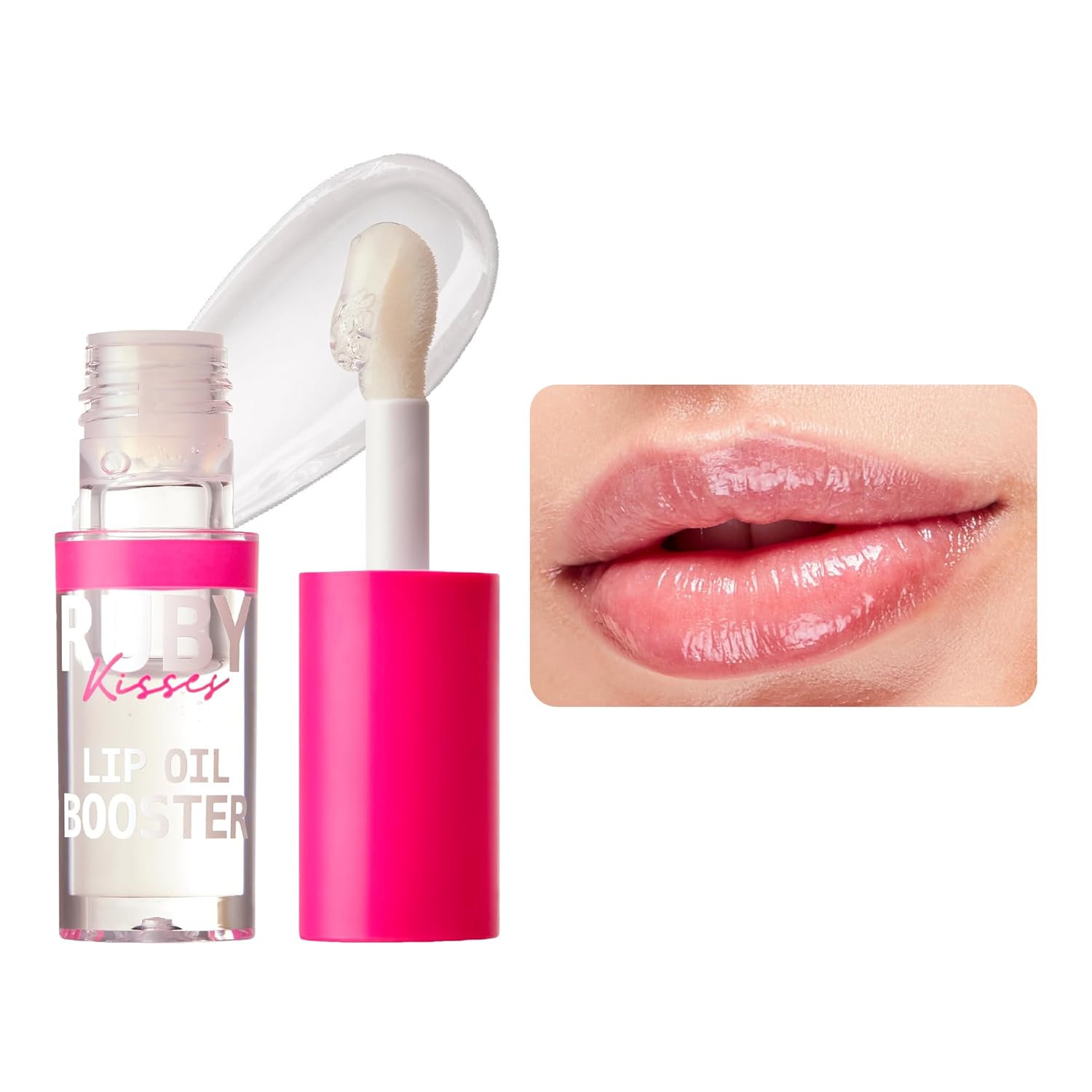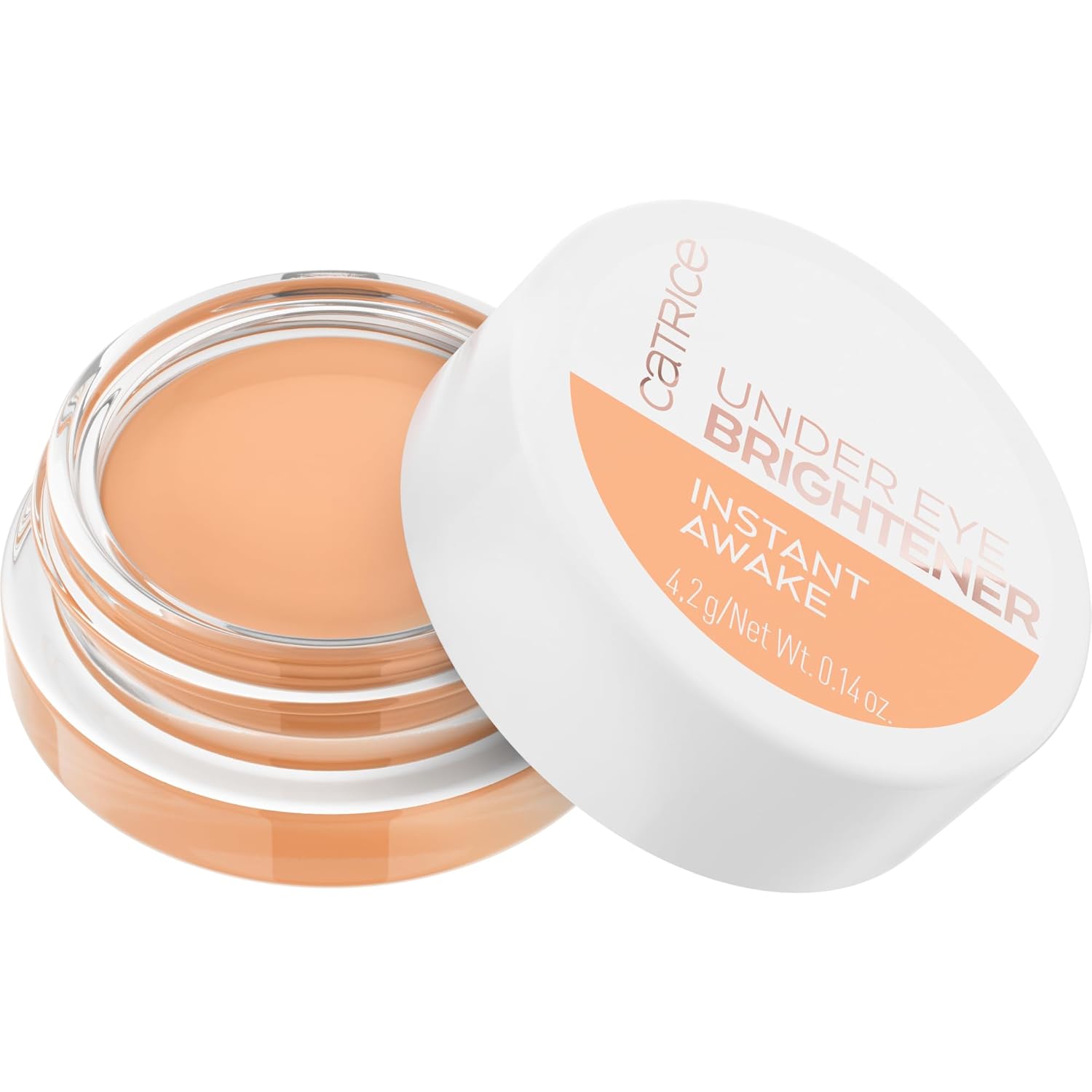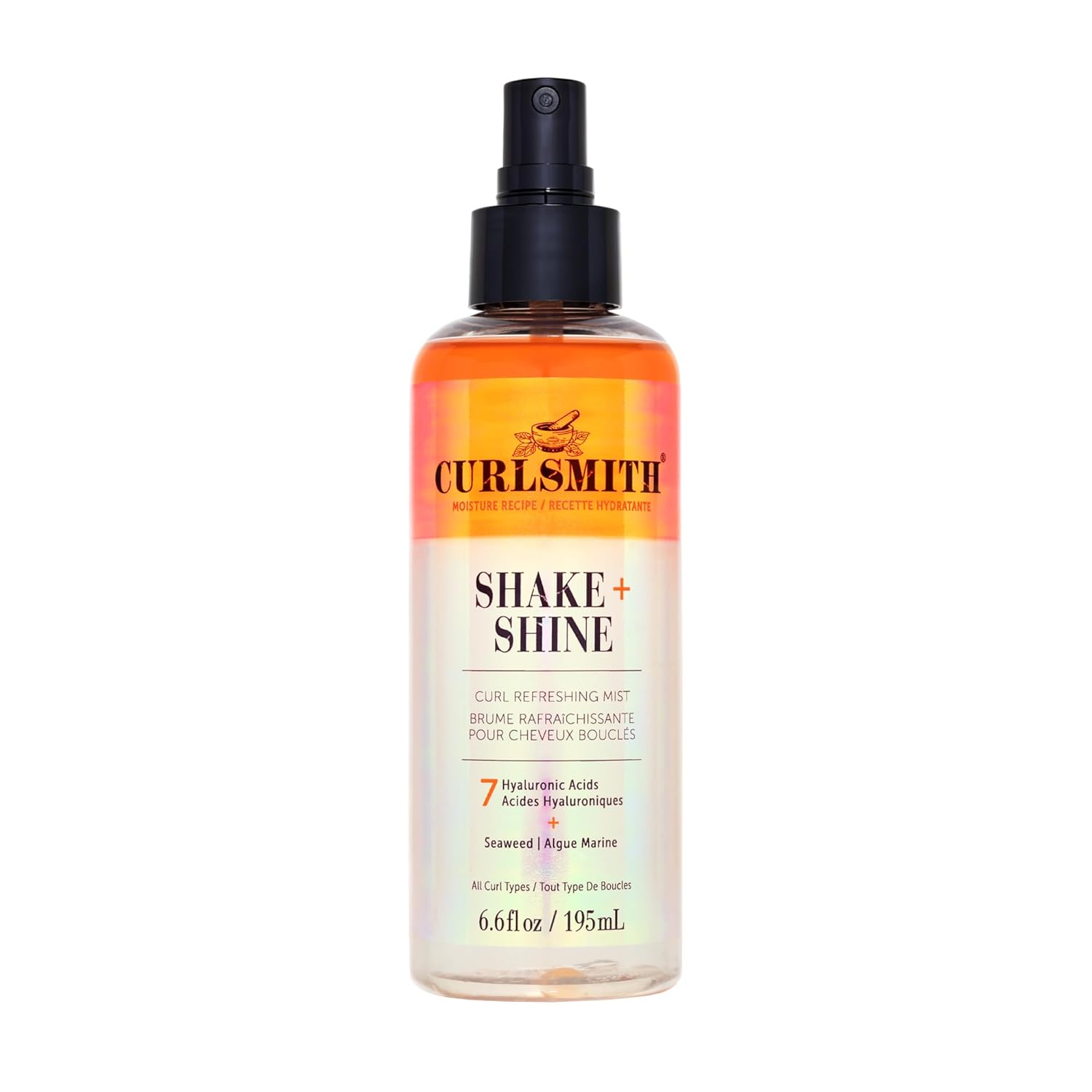
I remember it like it was yesterday.
My freshman year of high school, I woke up to prepare for school and noticed that there were scaly lesions on my arms and legs. Panicking, I showed my parents.
After a week went by, the scaly patches had spread to my face, back, and scalp — leaving me itchy and humiliated.
Was it eczema? A rash? They told me to put on some vaseline, and they’d monitor the situation. After a week went by, the scaly patches had spread to my face, back, and scalp — leaving me itchy and humiliated.
I mean, could you imagine? Starting your high school career with patches of scaly skin all over you? Needless to say, I have no pictures from my first year of high school. In the meantime, my mom took me to the doctor, who referred me to a dermatologist, who handed down the official diagnosis — psoriasis.
At the time, I didn’t know what it meant. I just wanted it to hurry up and be over with so I could look normal and stop wearing hoodies, headbands, and long pants in 90 degree weather. I spent the next few months using topical creams like Dovonex and Clobetasol to supplement the twice per week UV light therapy sessions. I remember the one time I cranked the light up too high, and sunburned the hell out of myself. Needless to say, I was in a lot of pain and even more embarrassed when my burnt skin began to crack and peel.
Luckily, those treatments were effective, and I was able to finish high school in a fairly normal fashion. That was almost 15 years ago.
As an adult, I still live every day with psoriasis. I won’t pretend like it doesn’t impact me — because it does. There are times of the year where it’s worse, because the air is colder, the sun isn’t out as much, or because I’m under stress (or had some alcohol”>. I’m able to manage the psoriasis on my body fairly well (although I do wish it wasn’t there”>, but the most challenging place of all is to have it on my scalp.
I’m sure you’ve seen it in some of my pictures, noticed that I wash my hair frequently, or even wondered why I never do protective styles. The truth is, those are adjustments I’ve had to make to my regimen to accommodate living with psoriasis and curly hair. As much as I would love to, I can’t throw my hair in some faux locs or into a braided updo for weeks on end. I have to be able to cleanse my scalp and remove flakes every few days. It just is what it is. I wear wash and go’s because it’s the easiest style to manage when washing your hair twice per week.
I have to be mindful of what products I use in my hair, and avoid those that have skin irritants and synthetic fragrance
I have to be mindful of what products I use in my hair, and avoid those that have skin irritants and synthetic fragrance high up on the list. I don’t often wear high buns and pulled up ponytails, because well honestly, the psoriasis behind my ears is a little off-putting (and kind of embarrassing for me”>.
Most people don’t understand psoriasis, and who can blame them? Most doctors don’t understand psoriasis. Psoriasis is believed to be an auto-immune disease linked to the immune system and genetics, where scales of skin grow at an abnormally fast rate. It is most commonly seen on the elbows, knees, and scalp, although it can occur anywhere on the body. Usually something triggers psoriasis, like stress or a traumatic event. For me personally, I can’t call it trigger-wise. It sort of just happened — but from a genetic standpoint parents and relatives did suffer from other skin disorders, so there’s that. Psoriasis is not contagious, and those diagnosed with it can typically manage it through any number of treatments.
Because there is no cure for psoriasis and how it works isn’t wholly understood, the best sufferers can hope for is to manage it and isolate different triggers that cause flare-ups.
Product recommendations
Here are some of my product recommendations for the scalp specifically:
-
Henna: I don’t know why it works, how it works, or even if it’s supposed to work. But I do notice that with regular henna treatments, my scalp has less itching and flaking in the days and weeks following.
-
Be Kekoa Scalp Enzyme Spray: Loosens Plaques and soothes itching.
-
SheaMoisture African Black Soap Purification Masque: Helps manage flaking.
-
Avocado Oil: Loosens plaques and soothes itching/dryness.
-
Alaffia African Black Soap: Helps manage flaking.
-
Apple Cider Vinegar rinses: Helps manage flaking.
How to care for your hair
-
Hot oil treatments on wash day. Before you wash your hair, let warm oil (like avocado, or grapeseed”> sit on your scalp and hair for at least 30 minutes. This will help loosen the scalp plaques and make them easier to remove during cleansing
-
Avoid scratching roughly with nails. I know, your scalp itches. I understand. But scratching to the point of cracking already traumatized skin is a recipe for painful infection. Oh, and when you do get a little infected lump, chances are it will (at least temporarily”> become a small bald spot.
-
Wash your hair every few days with psoriasis friendly products. Avoid anything with artificial fragrance listed in the top 5-7 ingredients, because it has a high potential to irritate the scalp.
How to live with psoriasis
Here are a few general pieces of advice for living with psoriasis:
- Seek medical attention. First and foremost. Get a definitive diagnosis from a dermatologist before you move forward with treatments, topical steroids, vitamins, or any homeopathic solutions.
- Being active helps. It relieves stress, which can exacerbate the condition.
- Keep stress to a minimum, or try to be as stress-free as possible.
- Take advantage of the sun whenever possible. Sunlight/UVA exposure has been shown to help slow the growth of skin plaques.
- Avoid or minimize alcohol consumption. This one sucks, but alcohol dries out the skin and dehydrates the body — both of which can make psoriasis flare-ups worse.
- Try experimenting with your diet. Eliminating dairy, processed sugars, or even certain types of grain has been shown to help certain sufferers. Everybody is different, so just be open to trying different things.
- Shea butter is your friend. Not only is it soothing, but as a thick moisturizer it helps create a protective barrier on the skin to avoid drying out easily.
- Rotate your treatment options. Psoriasis adapts to certain treatments, so be prepared to switch it up every few months or so.
To sum it up







Living with psoriasis is difficult, but with the right tools information, you can most certainly manage it. I’m currently trying out different dietary changes, and incorporating a new supplement into my regimen. I’ll report back on how successful it was over on my blog maneobjective.com.
[prodmod]
How do you manage psoriasis or another skin and scalp condition with curly hair?








